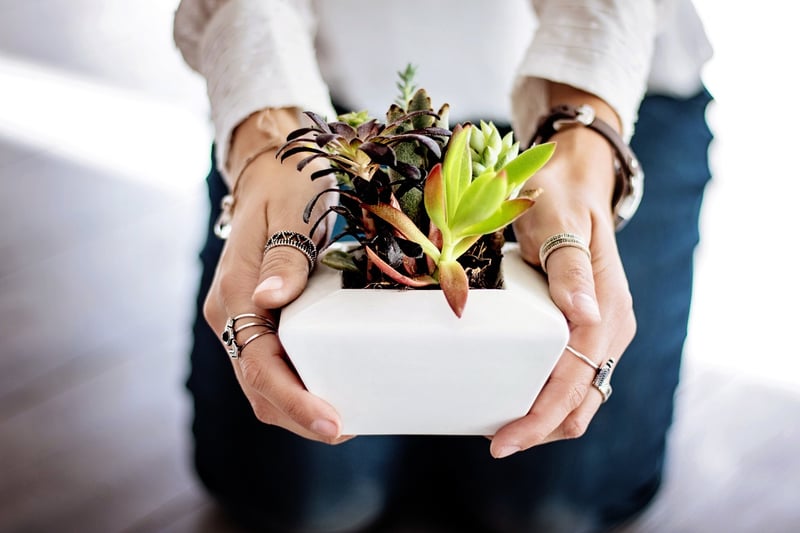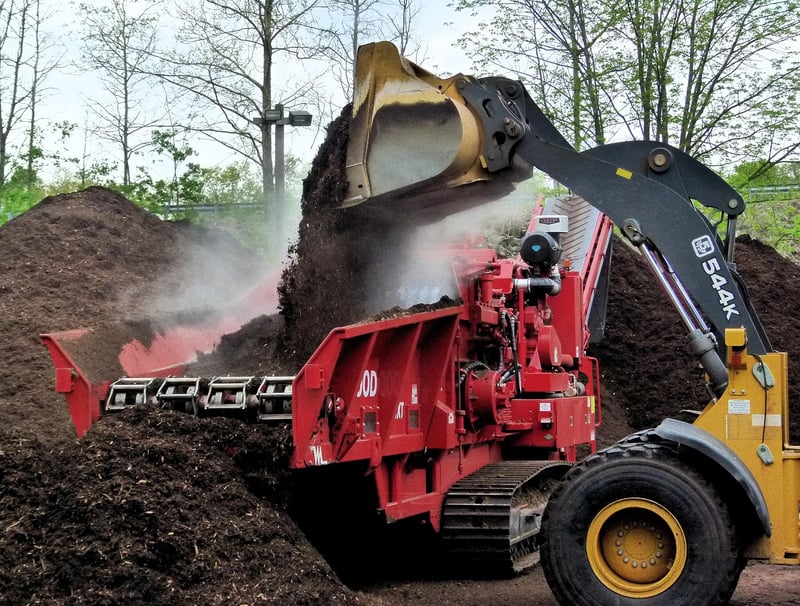Mulch
Essentials for Healthy Plants + Mulch
Having healthy plants in your garden not only adds beauty but also contributes to a vibrant ecosystem. To ensure your plants thrive, it's important to provide them with the essential care they need. In addition to proper watering, sunlight, and nutrients, using mulch can significantly benefit your plants. Let's explore the essentials for healthy plants along with the benefits of mulch.
Essential Care for Healthy Plants
- Watering: Proper watering is crucial for plant health. Different plants have varying water requirements, so it's essential to understand the specific needs of each plant in your garden.
- Sunlight: Most plants require adequate sunlight to photosynthesize and grow. Make sure your plants are placed in locations where they can receive the right amount of sunlight based on their species.
- Nutrients: Plants need essential nutrients such as nitrogen, phosphorus, and potassium to thrive. Fertilize your plants regularly to ensure they have access to these vital nutrients.
- Pruning: Regular pruning helps promote healthy growth and can prevent diseases by removing dead or damaged parts of the plant.
- Pest Control: Keep an eye out for pests that can damage your plants. Use eco-friendly pest control methods to protect your plants without harming the environment.
The Benefits of Mulch
Mulch is a protective layer of material that is spread over the soil surface around plants. It offers several benefits, including:
- Moisture Retention: Mulch helps retain moisture in the soil, reducing the frequency of watering needed by plants.
- Weed Suppression: By blocking sunlight from reaching the soil, mulch can help prevent weed growth, reducing competition for nutrients and water.
- Temperature Regulation: Mulch acts as insulation, protecting plant roots from extreme temperatures and maintaining a more stable soil environment.
- Soil Health: As mulch breaks down, it enriches the soil with organic matter, improving its structure and fertility over time.
Types of Mulch
There are various types of mulch available, including:
- Organic Mulch: Made from natural materials like bark, wood chips, straw, and leaves. Organic mulches decompose over time, adding nutrients to the soil.
- Inorganic Mulch: Includes materials like stones, gravel, and landscape fabric. While inorganic mulches don't break down, they can still offer weed suppression and moisture retention benefits.
Conclusion
By providing your plants with the essential care they need and incorporating mulch into your gardening routine, you can promote healthy growth and enhance the beauty of your garden. Remember to tailor your care practices to suit the specific requirements of each plant species for optimal results.
Happy gardening!

